How long is the life of new energy vehicles? Can they really be driven for more than 5 years? If the battery fails later, will the electric car be scrapped?
Some people say that new energy vehicles can still run 90% of their range after 6 years, while others say that the range has dropped by nearly 30% in less than 3 years. What is the real situation?
01 How long is the life of new energy vehicles?
The life of new energy vehicles is actually much longer than we think. A Model 3 abroad has run nearly 320,000 kilometers in 6 years, but the battery can still maintain more than 85% of its capacity.
Coincidentally, a Korean car owner named Li Yingxun drove an Ioniq 5 to 580,000 kilometers, and the battery still had 87.7% of its health.
The first batch of BYD e6 taxi owners in China faced mandatory scrapping after 8 years last year. But in the end, it was found that many cars had run 1 million kilometers and were still performing well. Some car owners even thought that it was a pity to force scrapping after 8 years, and they could actually use it longer.
02 Is the long life of new energy vehicles an exception?
Even after seeing the above examples, some people still think that the long life of new energy vehicles is an exception. But in fact, this performance of new energy vehicles is not an isolated phenomenon, but the “average level” of mainstream electric vehicles today. First, in terms of batteries. The current mainstream ternary lithium batteries generally have a cycle number of about 1,000 to 2,000 times; while lithium iron phosphate can achieve 3,000 times or even more. A simple calculation will show that each charge runs 400 kilometers, and after running 2,000 times, it is 800,000 kilometers.
Secondly, at the vehicle level. Now most new energy vehicles have a design life of 15 years, and one million kilometers is a general goal. For this reason, batteries generally have a warranty of 8 years/120,000 kilometers, or directly promise “free replacement if the power loss exceeds 20%”. Therefore, the impression that new energy vehicles “lose battery life quickly and the battery is not durable” should really be updated. Then some people will say: Since the life of mainstream new energy vehicles is not bad, why do many people on the Internet say that “the battery is not durable” and “it needs to be replaced in three to five years”?
03 Cognitive Misalignment + Early Shadows
Many people on the Internet say that the reason why batteries are not durable is actually the dual influence of cognitive misalignment + early shadows. First of all, our brains have actually been trained by “battery anxiety” for a long time. Think about it, from mobile phones, electric vehicles to sweeping robots, which one does not have a battery that is not used for two or three years? This set of cognition is automatically applied to electric vehicles: they are all lithium batteries, how different can they be?
Secondly, there were indeed “negative examples” in the past. The earliest batch of new energy vehicles had immature battery technology and the BMS (battery management system) was not smart enough. It was not an isolated case that the battery lost 30% to 40% in three or four years. There are also some low-priced cars that sacrificed battery quality in order to reduce costs. It’s like drinking spoiled milk once when you were a child. Even if you change brands when you grow up, you still have psychological shadows and think that “dairy products are not reliable.” However, electric vehicles today are no longer at the level of ten years ago.
Data from a British mandatory inspection of 30 million vehicles showed that the life expectancy of the latest generation of pure electric vehicles is basically the same as that of fuel vehicles, and the average service life is more than 18 years. A study by Stanford University also came to a similar conclusion: real urban road conditions are actually more friendly to batteries, and the life span is 40% longer than predicted by the experiment. Therefore, the life span of new energy vehicles is actually much longer than imagined.

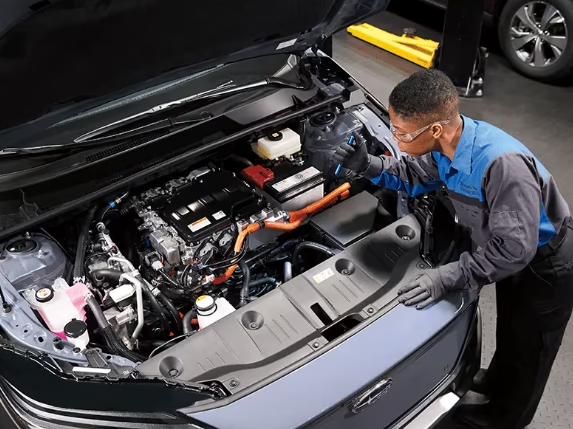

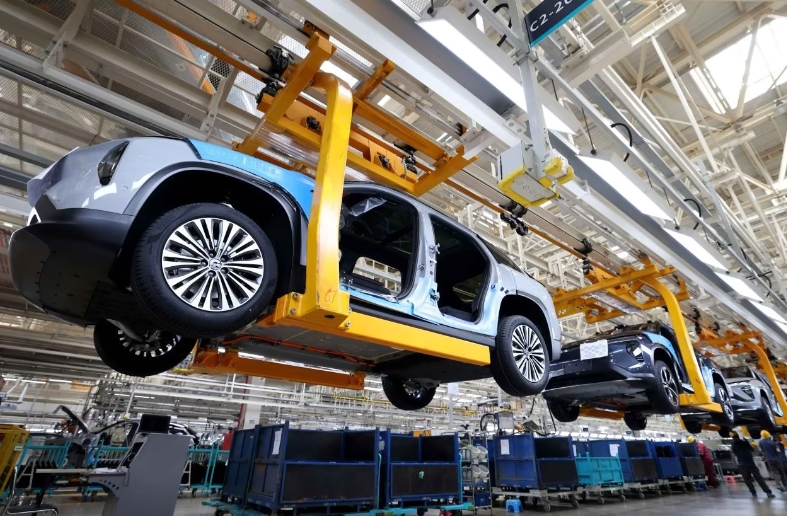
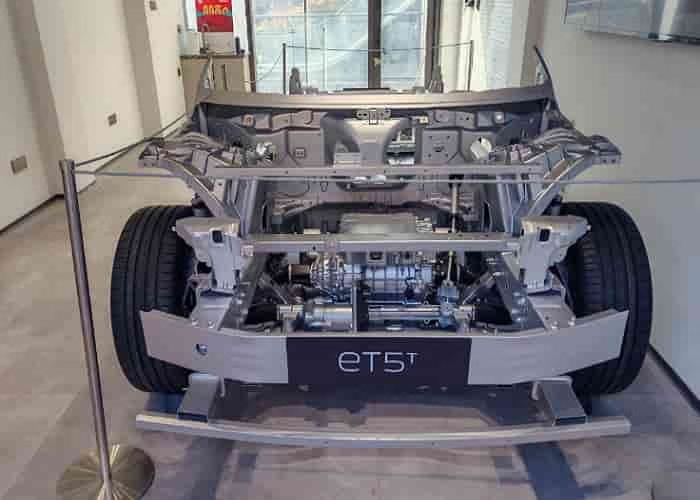
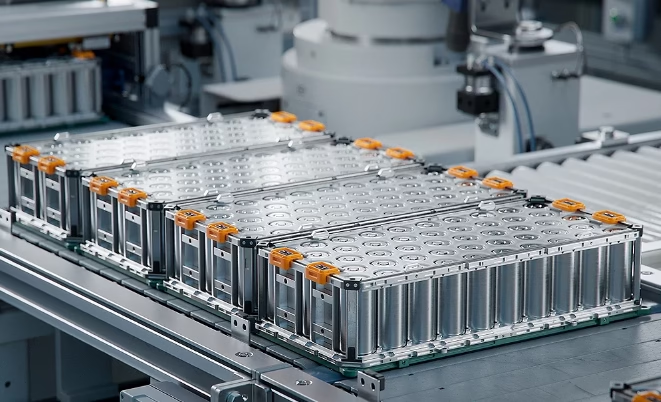
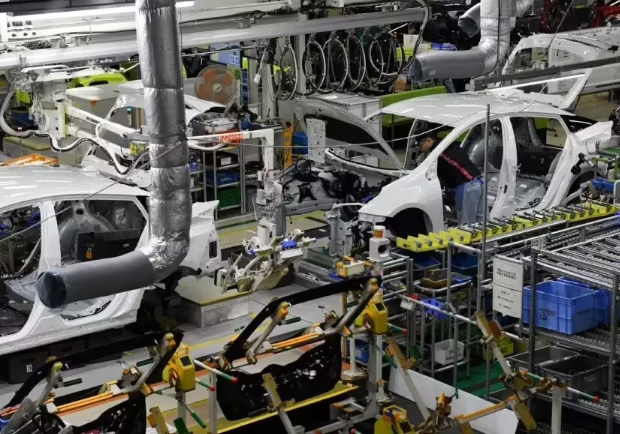
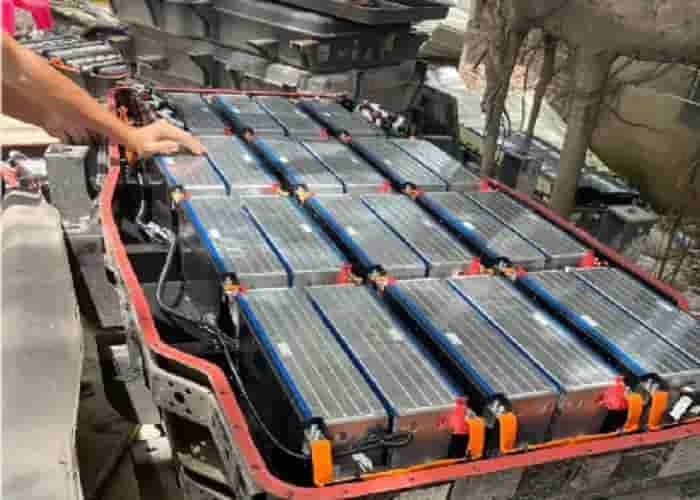
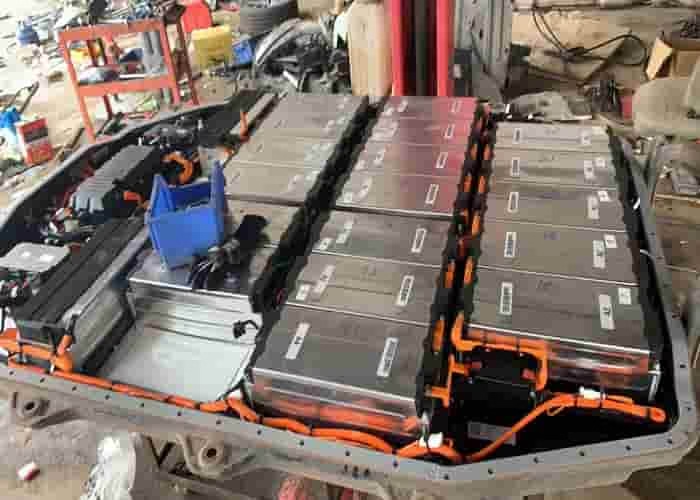
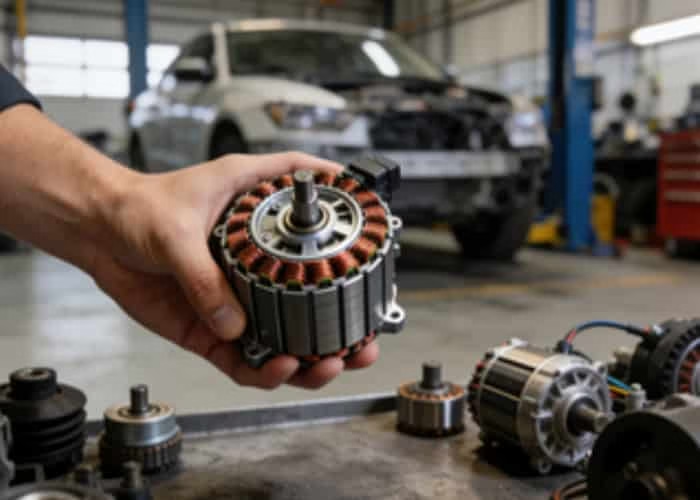
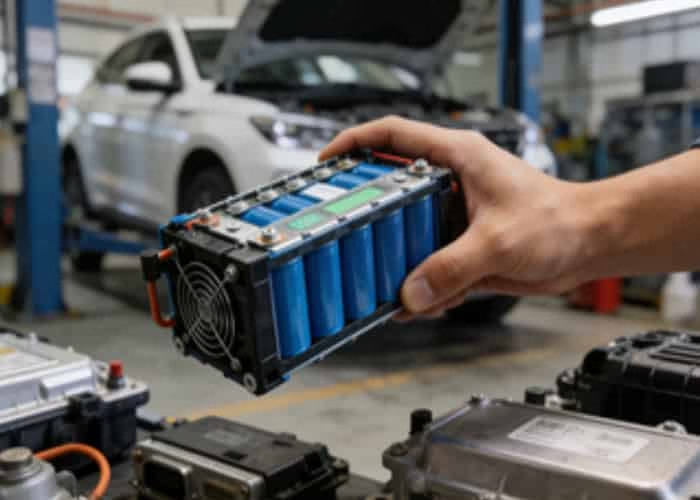
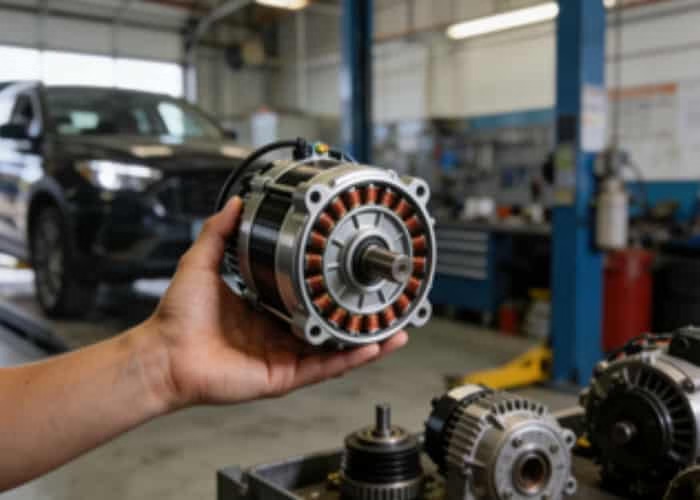

Leave a Reply